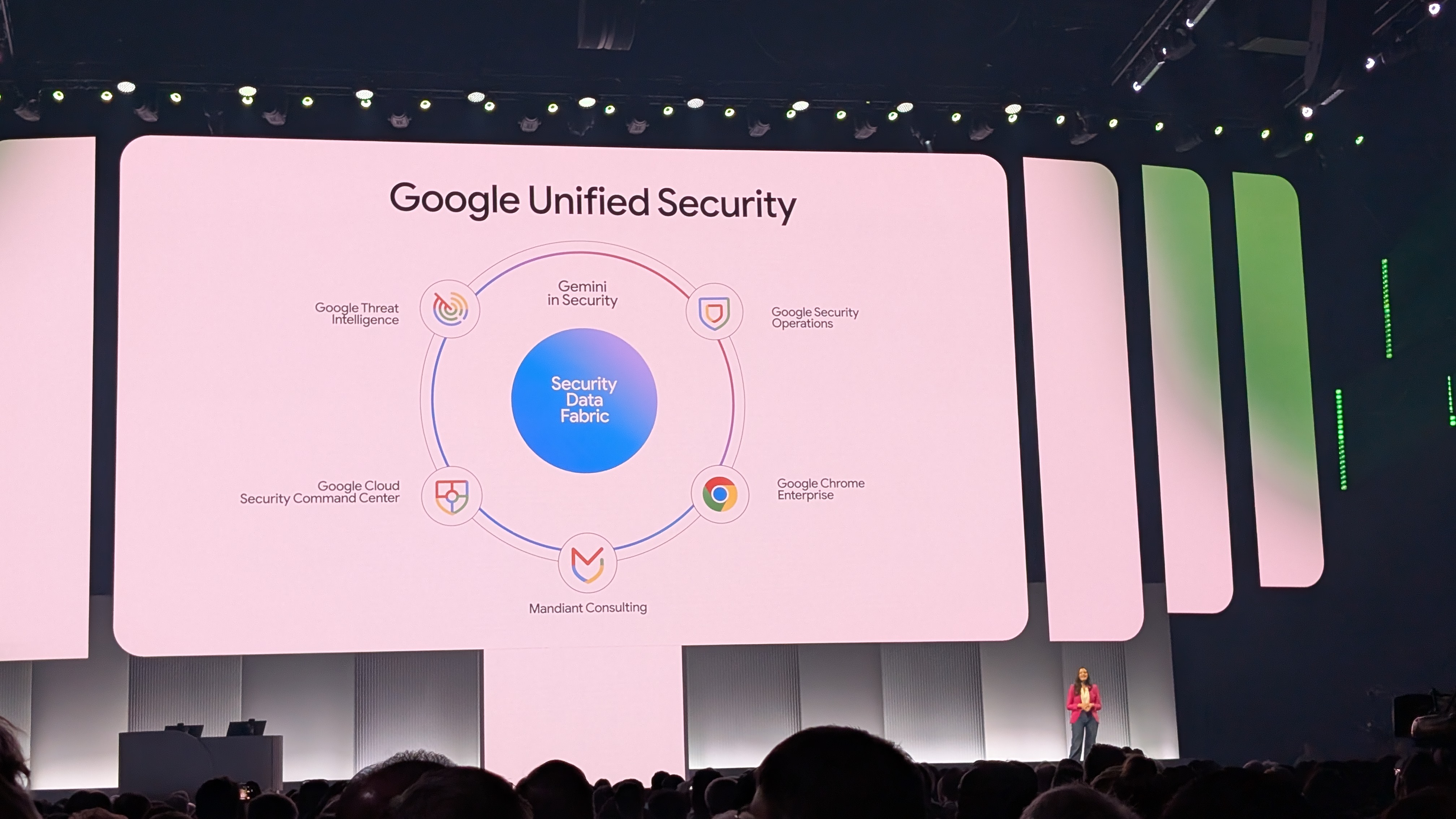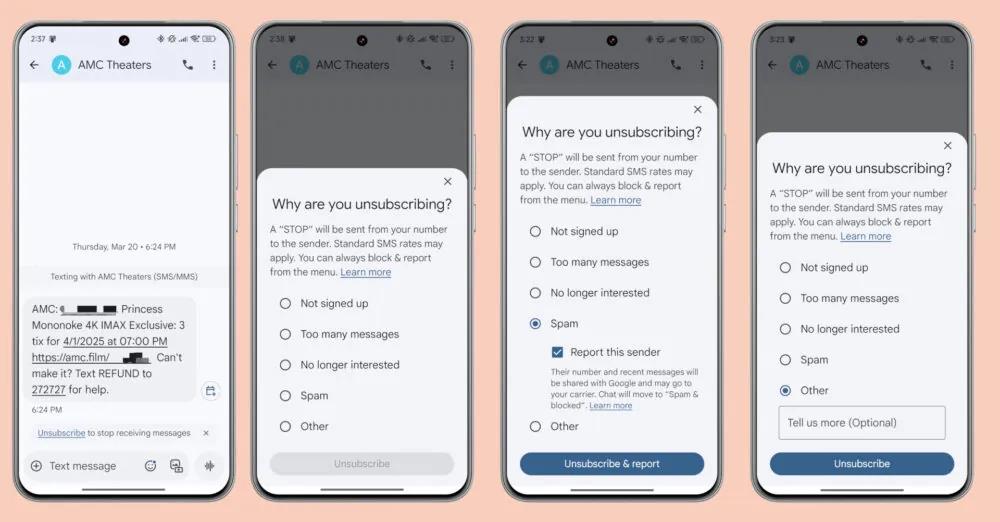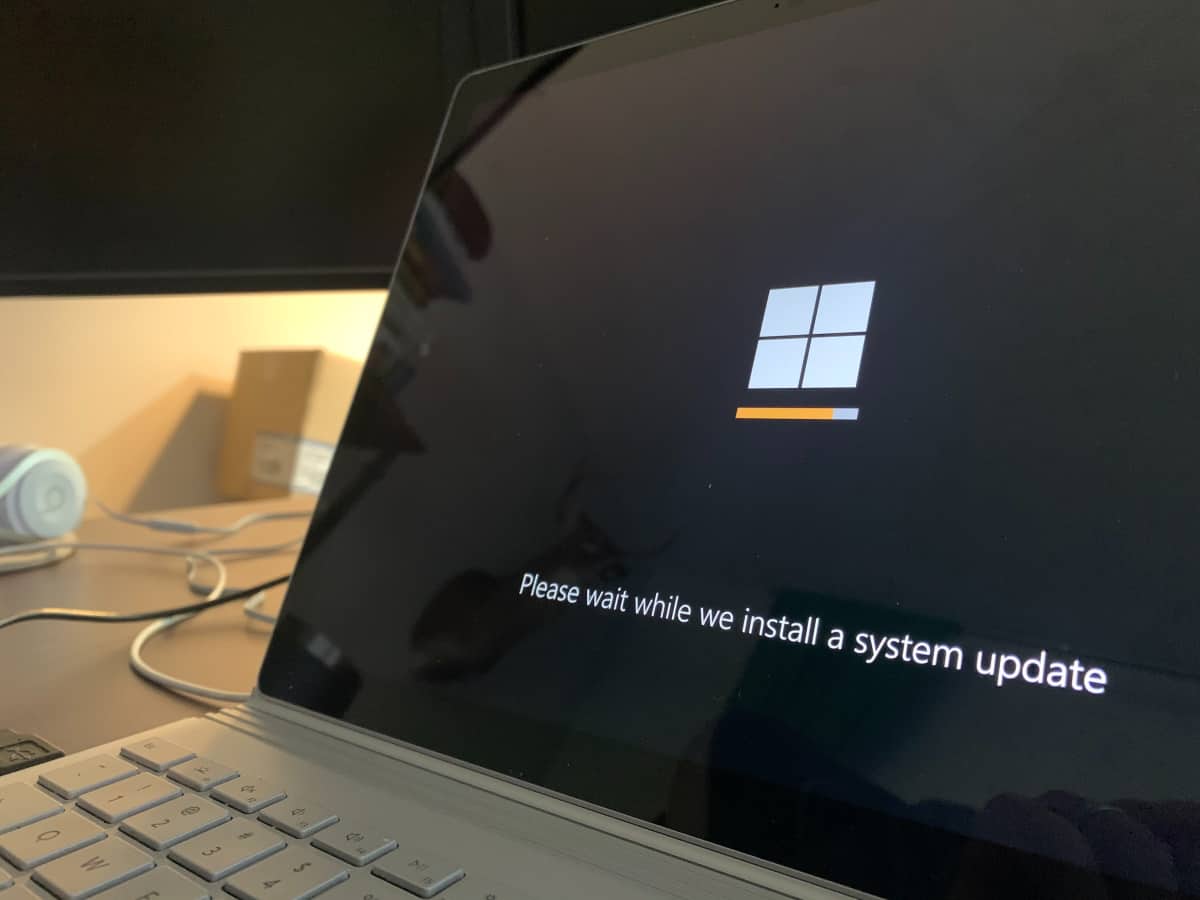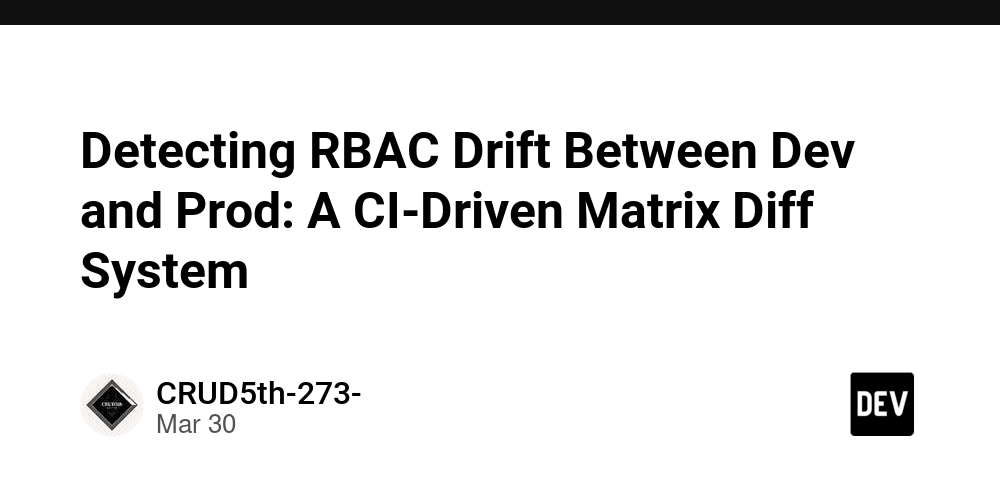Synonymic Query Expansion for Smarter Search
“A user types ‘doctor’, but the data says ‘physician’. Without expansion, it’s a missed connection.” Let’s Start with the Problem You’ve got a solid enterprise search system — indexed records, blazing fast, vector and keyword search blended together. But users still complain: “I searched for ‘attorney’ but it didn’t show ‘lawyer’ results.” “Why does ‘AI’ return different results than ‘artificial intelligence’?” That’s the invisible gap: semantic mismatch between what users type and how data is written. And that’s where synonymic query expansion steps in. What Is Synonymic Query Expansion? It’s the technique of expanding a query with known synonyms before sending it to the search engine. It’s one of the oldest tricks in information retrieval — and one of the most reliable for structured or semi-structured datasets. For example: User Query: "software engineer" Expanded Query: "software engineer" OR "developer" OR "programmer" You don’t just search for what the user typed — you search for what they might have meant. How It Works Under the Hood A simplified flow looks like this: User input: "pediatrician" Synonym resolver (LLM, lookup table, or hybrid) returns: ["child doctor", "kid’s physician", "children's healthcare"] Query construction: ("pediatrician" OR "child doctor" OR "kid’s physician" OR "children's healthcare") Search engine receives the expanded query and matches broader results. Example with Elasticsearch DSL { "query": { "bool": { "should": [ { "match": { "title": "pediatrician" }}, { "match": { "title": "child doctor" }}, { "match": { "title": "kid’s physician" }}, { "match": { "title": "children's healthcare" }} ] } } } Or, with OpenSearch and vector search: query_vector = embed("pediatrician") synonyms = ["child doctor", "kid’s physician"] expanded_vectors = [embed(term) for term in synonyms] Now, Where Do Synonyms Come From? You can: Use static dictionaries (WordNet, domain glossaries) Maintain a manual synonym map in config or SSM Use LLMs (e.g. “What are 3 synonyms for ‘surgeon’ in healthcare domain?”) Leverage search logs (top co-clicked queries) A good system often mixes all of the above. Real-World Use Cases Healthcare search: “heart attack” → “myocardial infarction” E-commerce filters: “couch” → “sofa”, “lounge chair” Legal tools: “contract breach” → “violation of agreement” Resume search: “developer” → “software engineer”, “SDE”, “backend engineer” ⚠️ But Don’t Go Wild Query expansion has tradeoffs: ❌ Expanding too far can reduce precision. ❌ Bad synonyms can pollute results. ❌ LLM-generated synonyms can be context-blind. So you want guardrails: ✅ Synonym whitelist per domain ✅ Max expansion terms per query ✅ Confidence thresholds from LLM or logs Bonus: Hybrid Strategy Can vector similarity fix this problem entirely? Sometimes, yes — especially if you're using high-quality embeddings that understand semantic closeness. For example, a good embedding model will place "doctor" and "physician" near each other in vector space. But here's the catch: Vector search is fuzzy — it’s great at semantic proximity but doesn’t always guarantee keyword-level coverage. You may still want exact matches for filters, sorting, or compliance-heavy use cases. That’s why smart systems use a hybrid strategy: Keyword search + synonym expansion for speed and control Vector similarity to capture nuance and meaning LLMs for fallback or recovery when both fail It’s not about finding all the matches — it’s about not missing the obvious ones. Closing Thoughts Will semantic embeddings replace synonymic query expansion entirely? Unlikely. Synonym expansion offers clarity, control, and interpretability. Vector search brings flexibility and generalization. But in enterprise-grade search — especially where auditability matters — both have a place. You want users to find what they mean, not just what they type. Data is structured or partially labeled You care about search transparency You want to debug why something didn’t match Sometimes, the fastest way to improve search isn’t retraining a model — it’s teaching your system to speak the user’s language. "A good search system doesn’t just understand queries — it empathizes with them."

“A user types ‘doctor’, but the data says ‘physician’. Without expansion, it’s a missed connection.”
Let’s Start with the Problem
You’ve got a solid enterprise search system — indexed records, blazing fast, vector and keyword search blended together. But users still complain:
- “I searched for ‘attorney’ but it didn’t show ‘lawyer’ results.”
- “Why does ‘AI’ return different results than ‘artificial intelligence’?”
That’s the invisible gap: semantic mismatch between what users type and how data is written.
And that’s where synonymic query expansion steps in.
What Is Synonymic Query Expansion?
It’s the technique of expanding a query with known synonyms before sending it to the search engine. It’s one of the oldest tricks in information retrieval — and one of the most reliable for structured or semi-structured datasets.
For example:
User Query: "software engineer"
Expanded Query: "software engineer" OR "developer" OR "programmer"
You don’t just search for what the user typed — you search for what they might have meant.
How It Works Under the Hood
A simplified flow looks like this:
- User input: "pediatrician"
- Synonym resolver (LLM, lookup table, or hybrid) returns:
["child doctor", "kid’s physician", "children's healthcare"]
- Query construction:
("pediatrician" OR "child doctor" OR "kid’s physician" OR "children's healthcare")
- Search engine receives the expanded query and matches broader results.
Example with Elasticsearch DSL
{
"query": {
"bool": {
"should": [
{ "match": { "title": "pediatrician" }},
{ "match": { "title": "child doctor" }},
{ "match": { "title": "kid’s physician" }},
{ "match": { "title": "children's healthcare" }}
]
}
}
}
Or, with OpenSearch and vector search:
query_vector = embed("pediatrician")
synonyms = ["child doctor", "kid’s physician"]
expanded_vectors = [embed(term) for term in synonyms]
Now, Where Do Synonyms Come From?
You can:
- Use static dictionaries (WordNet, domain glossaries)
- Maintain a manual synonym map in config or SSM
- Use LLMs (e.g. “What are 3 synonyms for ‘surgeon’ in healthcare domain?”)
- Leverage search logs (top co-clicked queries)
A good system often mixes all of the above.
Real-World Use Cases
- Healthcare search: “heart attack” → “myocardial infarction”
- E-commerce filters: “couch” → “sofa”, “lounge chair”
- Legal tools: “contract breach” → “violation of agreement”
- Resume search: “developer” → “software engineer”, “SDE”, “backend engineer”
⚠️ But Don’t Go Wild
Query expansion has tradeoffs:
- ❌ Expanding too far can reduce precision.
- ❌ Bad synonyms can pollute results.
- ❌ LLM-generated synonyms can be context-blind.
So you want guardrails:
- ✅ Synonym whitelist per domain
- ✅ Max expansion terms per query
- ✅ Confidence thresholds from LLM or logs
Bonus: Hybrid Strategy
Can vector similarity fix this problem entirely?
Sometimes, yes — especially if you're using high-quality embeddings that understand semantic closeness. For example, a good embedding model will place "doctor" and "physician" near each other in vector space.
But here's the catch:
- Vector search is fuzzy — it’s great at semantic proximity but doesn’t always guarantee keyword-level coverage.
- You may still want exact matches for filters, sorting, or compliance-heavy use cases.
That’s why smart systems use a hybrid strategy:
- Keyword search + synonym expansion for speed and control
- Vector similarity to capture nuance and meaning
- LLMs for fallback or recovery when both fail
It’s not about finding all the matches — it’s about not missing the obvious ones.
Closing Thoughts
Will semantic embeddings replace synonymic query expansion entirely?
Unlikely.
Synonym expansion offers clarity, control, and interpretability. Vector search brings flexibility and generalization. But in enterprise-grade search — especially where auditability matters — both have a place.
You want users to find what they mean, not just what they type.
- Data is structured or partially labeled
- You care about search transparency
- You want to debug why something didn’t match
Sometimes, the fastest way to improve search isn’t retraining a model — it’s teaching your system to speak the user’s language.
"A good search system doesn’t just understand queries — it empathizes with them."

























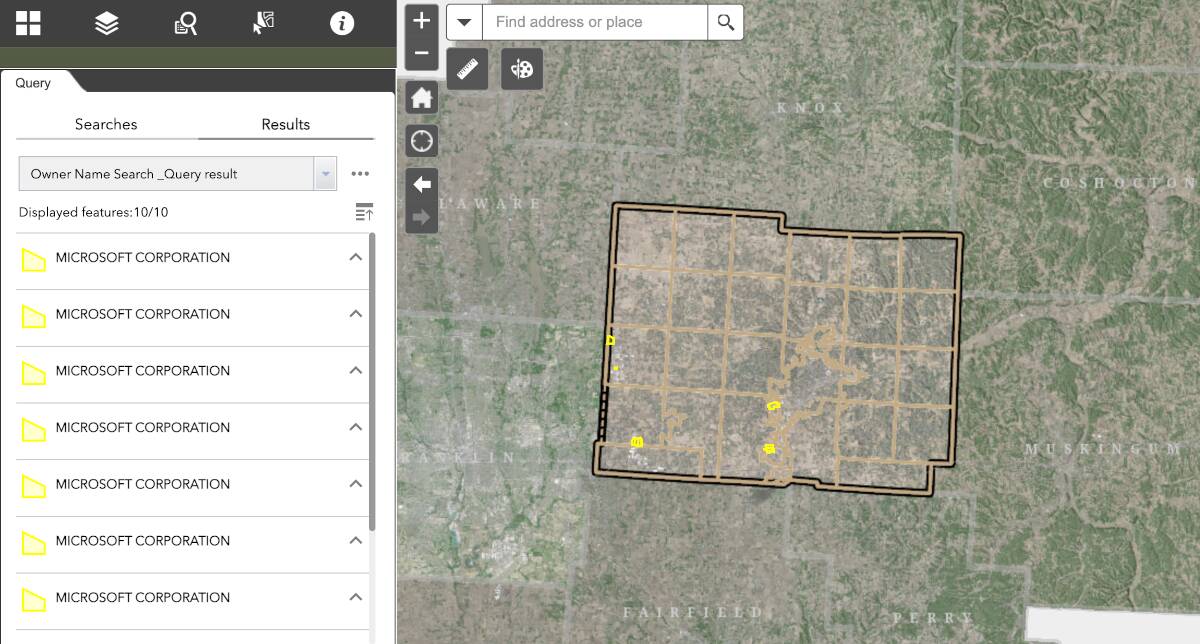















































































































































![[The AI Show Episode 143]: ChatGPT Revenue Surge, New AGI Timelines, Amazon’s AI Agent, Claude for Education, Model Context Protocol & LLMs Pass the Turing Test](https://www.marketingaiinstitute.com/hubfs/ep%20143%20cover.png)









































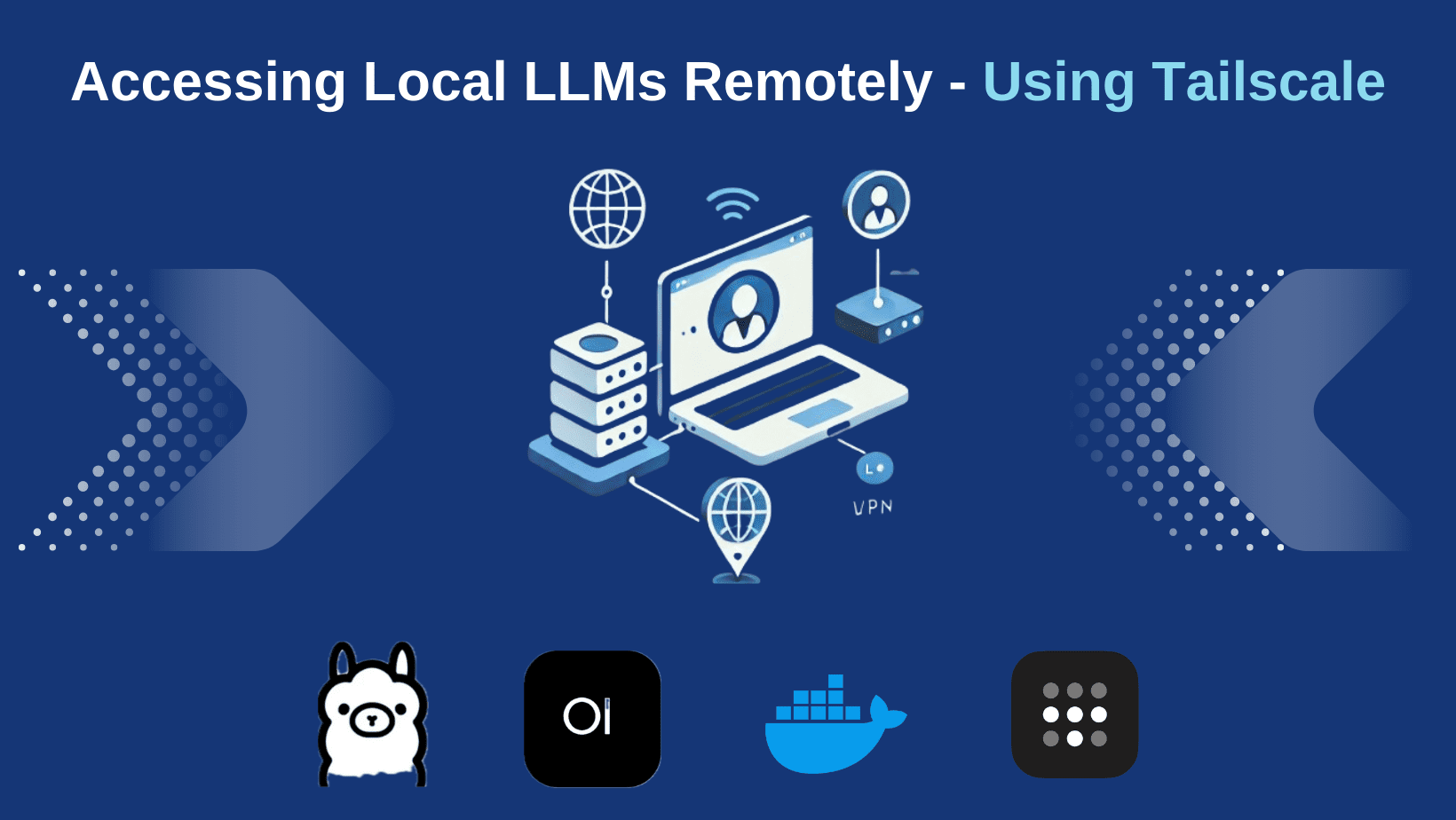








































































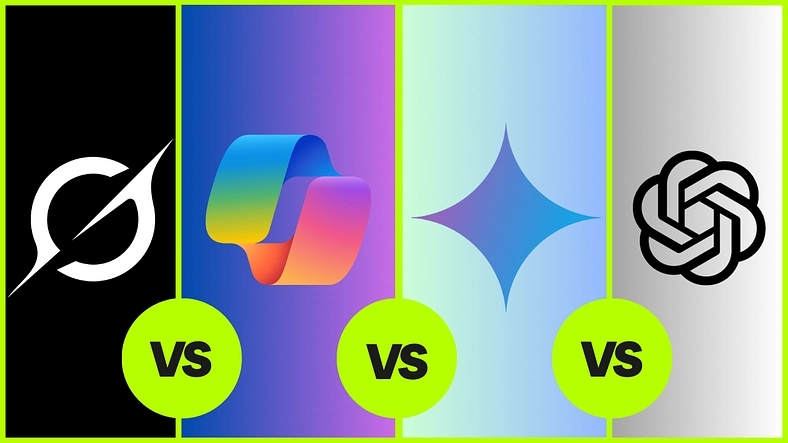

















![From drop-out to software architect with Jason Lengstorf [Podcast #167]](https://cdn.hashnode.com/res/hashnode/image/upload/v1743796461357/f3d19cd7-e6f5-4d7c-8bfc-eb974bc8da68.png?#)











































.jpeg?#)

































































-11.11.2024-4-49-screenshot.png?width=1920&height=1920&fit=bounds&quality=70&format=jpg&auto=webp#)













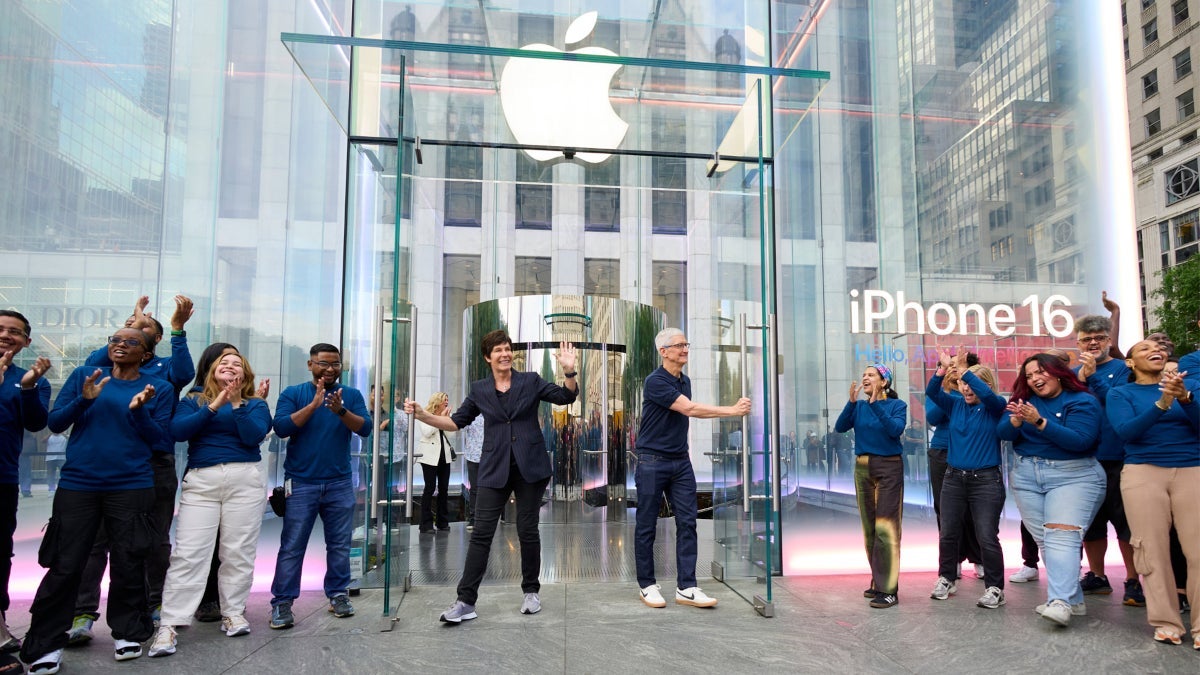








_jvphoto_Alamy.jpg?#)





.png?#)
















































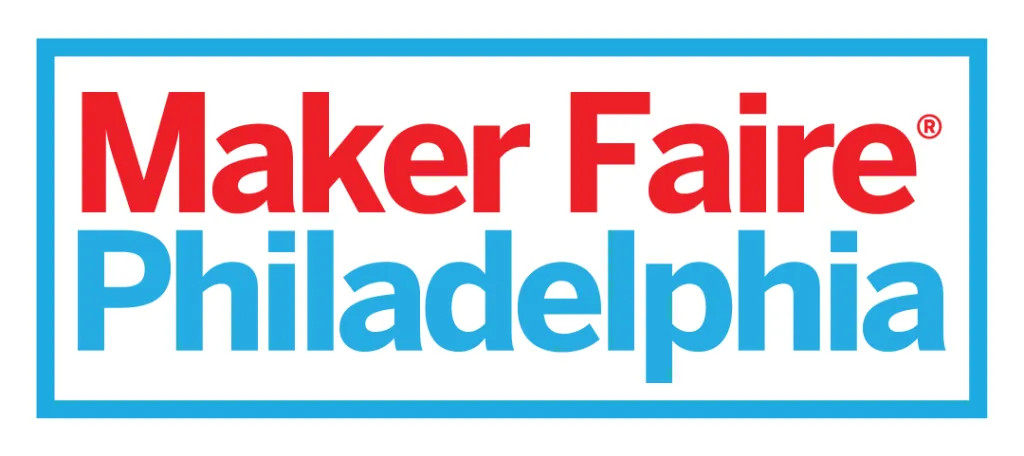
















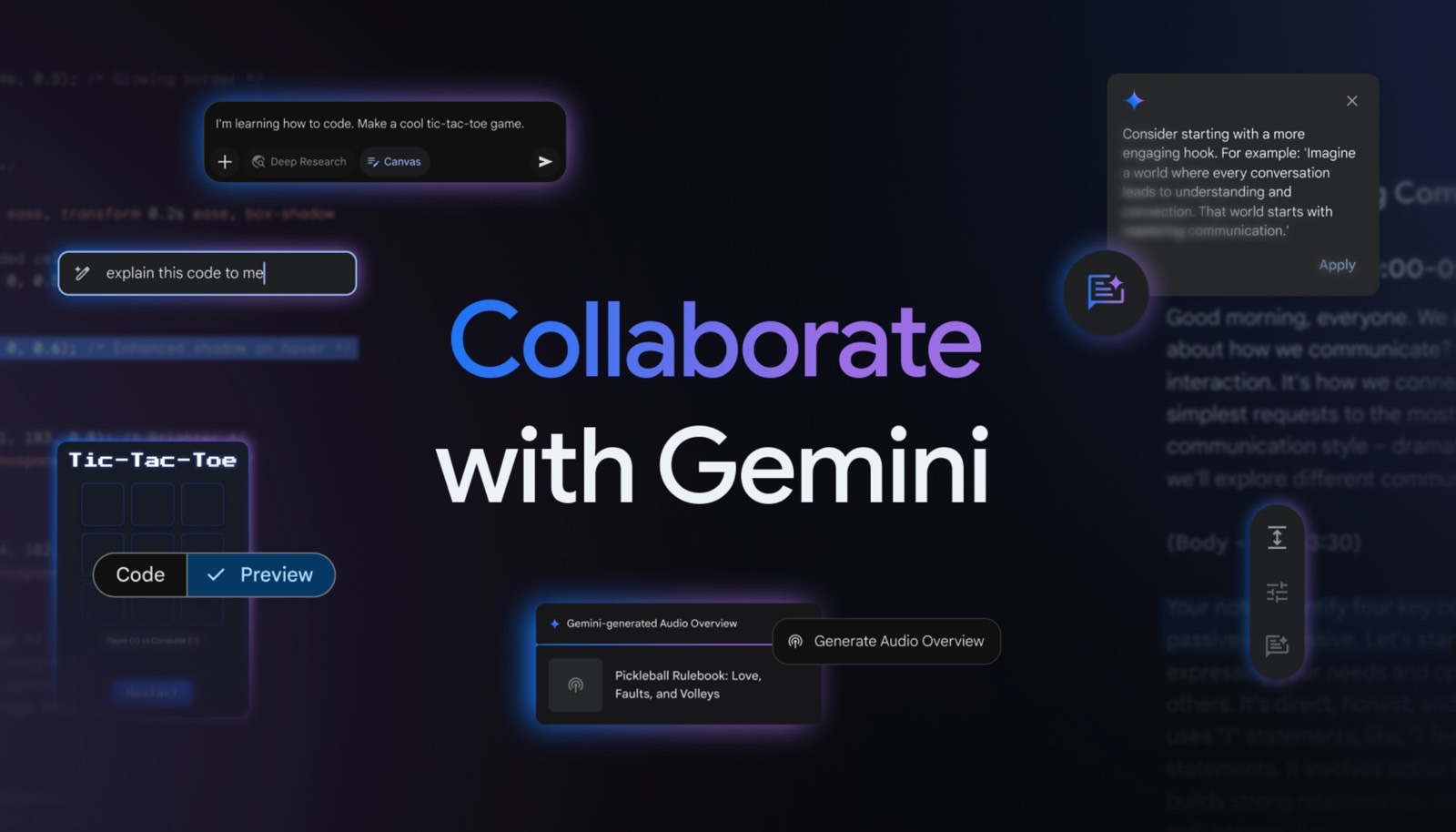
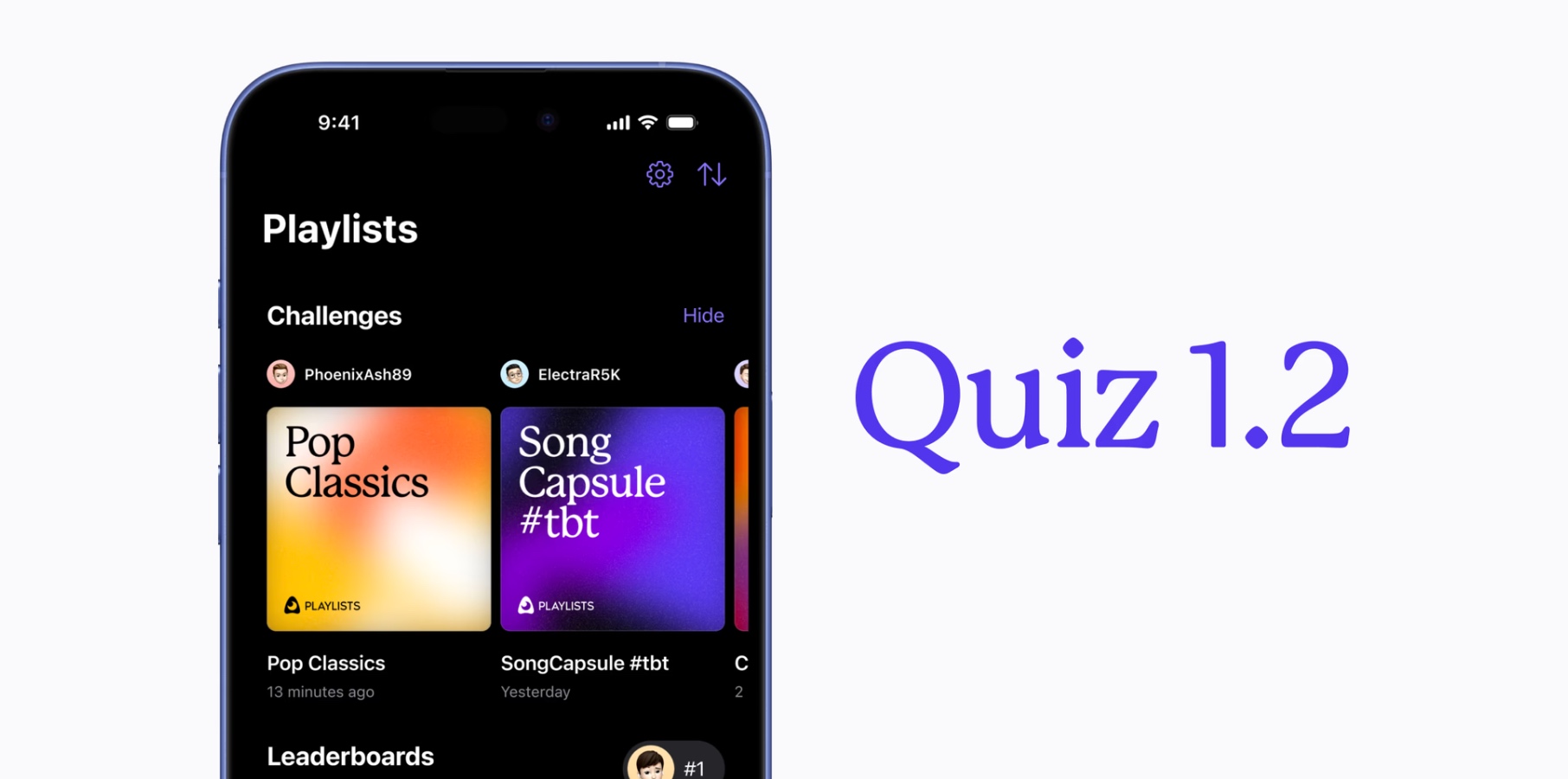



































![Apple Debuts Official Trailer for 'Murderbot' [Video]](https://www.iclarified.com/images/news/96972/96972/96972-640.jpg)
![Alleged Case for Rumored iPhone 17 Pro Surfaces Online [Image]](https://www.iclarified.com/images/news/96969/96969/96969-640.jpg)

![Apple Rushes Five Planes of iPhones to US Ahead of New Tariffs [Report]](https://www.iclarified.com/images/news/96967/96967/96967-640.jpg)
















